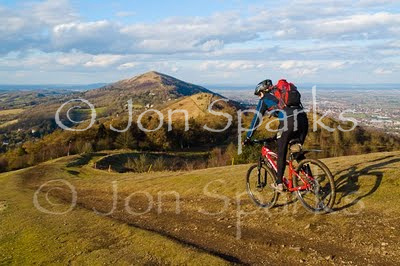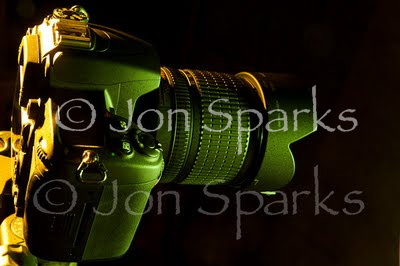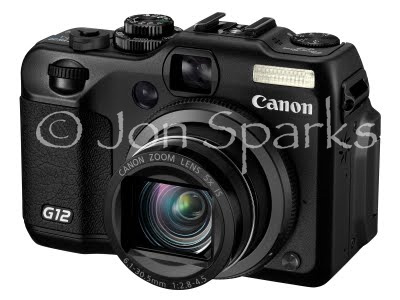
 There’s no such thing as a perfect camera.
There’s no such thing as a perfect camera.
OK, let that sink in. There’s no camera that does all jobs equally well. The most that any of us can reasonably expect is that a camera will do all we ask of it in a particular set of circumstances. And it follows logically that we cannot judge any camera without being as clear as possible about what we would like to do with it, and how we like to work.

 Let’s take a specific example. I get to play with lots of cameras; this currently includes each new digital SLR that Nikon releases.
Let’s take a specific example. I get to play with lots of cameras; this currently includes each new digital SLR that Nikon releases.
However, the two main cameras that I own and use regularly are the Nikon D700 and D7000. Please check out these links, and also my earlier blog entry about the D7000, if you’re not familiar with their specifications.
Anyway, both of these are excellent SLRs and I’m pretty happy with either for most shooting. I’ll go with the D700 and its larger sensor for low light shooting, or when I want to get the most from with my wide-angle lens. I’m more likely to pick the D7000 for shooting wildlife or certain kinds of action because its smaller sensor makes my longer lenses effectively longer still; using my 300mm lens gives the same result as a 450mm lens would on the D700.
I’m also likely to prefer the D7000 when I want to travel light, especially as I can also use lighter lenses which don’t cover the bigger frame area of the D700. However, it’s still a relatively chunky camera; it’s certainly not going to slip into any normal pocket.
I’d dearly love a pocketable camera for biking, climbing and as a ‘just in case’ camera when I’m not really out to take photos at all. And of course people will say, what’s the problem? There are hundreds of compact cameras out there that will slip into a pocket.
Well, yes, there are. But.
In the section on cameras in our forthcoming book, Outdoor Photography, (which has just gone to press), Chiz Dakin and I identify a few key factors when considering a compact camera. They may not be deal-breakers for everyone, but we certainly think they should at least be taken into account. I’ll summarise briefly here: for more detail see the book (due date 15th Aug; it will be available as an ebook as well as hard copy).
1: RAW Shooting.
It’s second nature to me to shoot RAW and I’d have no hesitation in ruling out any camera that can’t do this.
2: Lens range.
Many compacts still go no wider than about 35mm equivalent; a fair number go to 28mm, a few reach 24 or 25mm. I can tolerate 28mm (an 18mm lens on my D7000 is 27mm-equivalent), but would prefer interchangeable lenses so I’d at least have the option to go wider.
3: Sensor size. (i.e. physical dimensions, NOT number of megapixels)
Typical compacts have much smaller sensors than SLRs. If the lens is good they’ll probably still produce decent results at moderate ISO ratings but start to struggle at higher speeds (typically 800 and above), and can’t match a big sensor for dynamic range, which is really important for a lot of outdoor shooting.
4: Speed of response.
This used to be a major weakness of compacts in general compared to SLRs. They've got much better but still aren't quite as speedy all-round.
5. Viewfinder.
I want one! I’ve sketched out my feelings about screen-only cameras in a recent blog, and I don’t think this is just a prejudice that I would overcome if I spent more time actually shooting by screen. (I actually do spend quite a bit of time in Live View, e.g. when shooting macro subjects, so I know something about the failings of even the best screens in bright sunlight).
With these factors in mind, let’s look at what’s generally regarded as one of the best conventional compacts, Canon’s Powershot G12. This is a 10-megapixel camera like the previous G11: refreshingly, Canon actually reduced the megapixel count over the G10, which I cheered about in a blog last year. This is a good move for all round image quality, especially from a smaller sensor like the G12’s 1/1.7" CCD; Canon claims it gives the G11/G12 a two-stop advantage in low-light

 shooting.
shooting.
Running through the tick-list:
1: RAW Shooting. Yes, and supported by Adobe Lightroom (otherwise it would be no good to me)
2: Lens range. 28–140mm equivalent, quite comparable to the 18–105 lens I use regularly on my Nikon D7000.
3: Sensor size. 1/1.7" is fairly large by typical compact standards but still less than one tenth the imaging area of the APS-C sensor in my D7000. (For more on sensor sizes see here). As expected, this limits its performance especially at high ISO ratings. The test on the excellent dpreview site gives me a chance to compare outcomes at any ISO rating directly with the D7000 (and a host of other cameras). By 1600 ISO the difference is very clear – but the G12 beats many other cameras with more megapixels.
4: Speed of response. As dpreview observes, the G12 has a rapid shutter response, though not quite up to the best DSLRs. For critical action photography this could be a problem, though I probably wouldn’t envisage using it for really serious action shoots. More of an issue would be its generally slow behaviour in other respects, such as taking about 1.5 secs to show a review image after shooting. (On my D7000 the delay is barely noticeable).
5. Viewfinder. Ah. The G12 does have an optical finder, but it’s not great. Low magnification, only approximate framing and a bit dim except in bright sunlight. Of course bright sunlight is where shooting with the screen is most difficult, so there’s some balance there, but it’s still something I’d have to take seriously.
So, overall, not a bad result, and I’m sure the G12 will satisfy many users who don’t need the option to fit an ultra-wide lens or to shoot high-speed action. But at the same time it’s less pocketable than many compact cameras; in fact, in size and weight terms it’s more like some of the smaller compact system cameras.
Including lens the G12 weighs in at 355g. That’s light compared to my Nikon D7000 (just over double that for the body alone) but you can get a Sony NEX-5 with the same size sensor as the D7000 that’s just 287g (body only). The 16mm ‘pancake’ lens takes the Sony to 354g, and gives a wider view (24mm equivalent), albeit non-zoomable.
Conclusion? Well, the G12 doesn’t do badly. If somebody gave me one I’m sure I’d use it regularly on bike rides and when climbing and I’m sure I’d get some excellent results. But if it’s my own money I’m spending, the G12 is nearly £400. It’s the same price, in fact as a Nikon D3100 body.
A D3100 with 18–55mm lens would be only a little more expensive, and would give me much faster shooting, better quality especially in low light, and a proper viewfinder. But even this combination, which is about as light as it gets in conventional SLR terms, still weighs in at around 660g and definitely isn’t pocketable.
I might as well save my money and stick with the D7000 and 18-105 lens that I already have. By now I seem to be going around in circles, but the G12 isn’t the only alternative to a conventional SLR. More on this very soon...